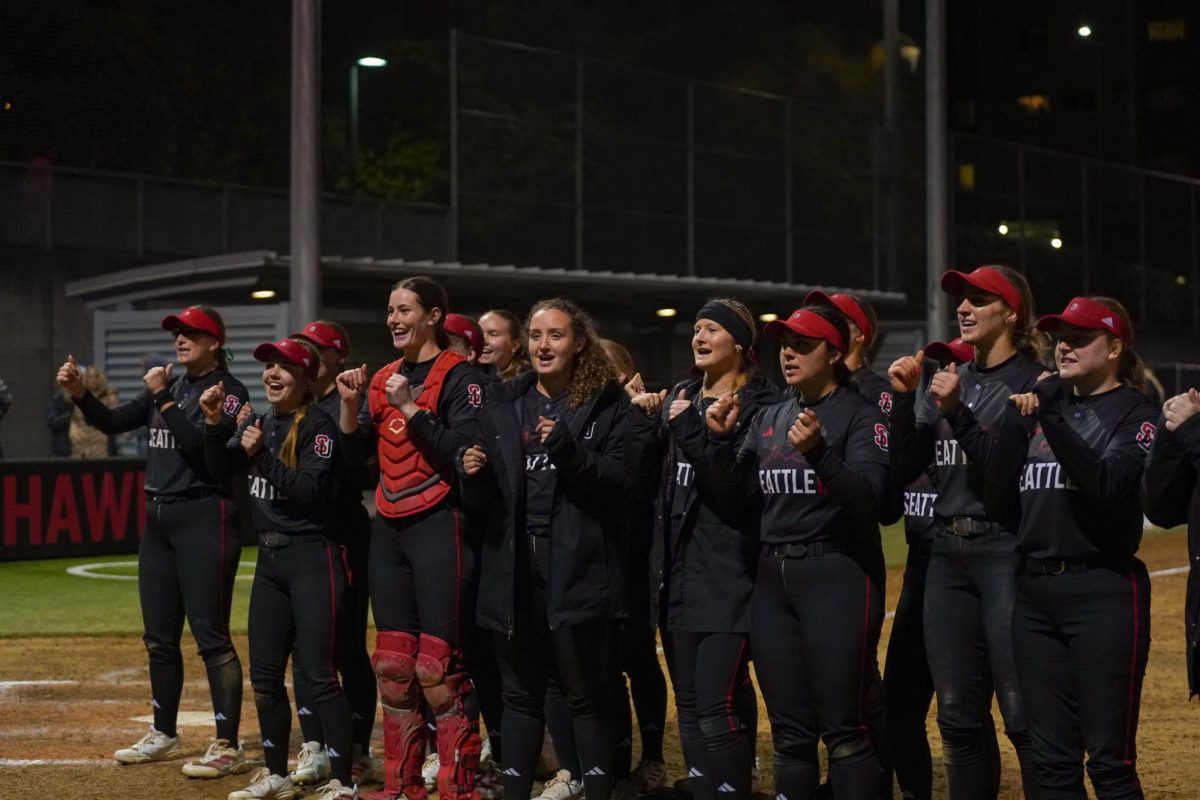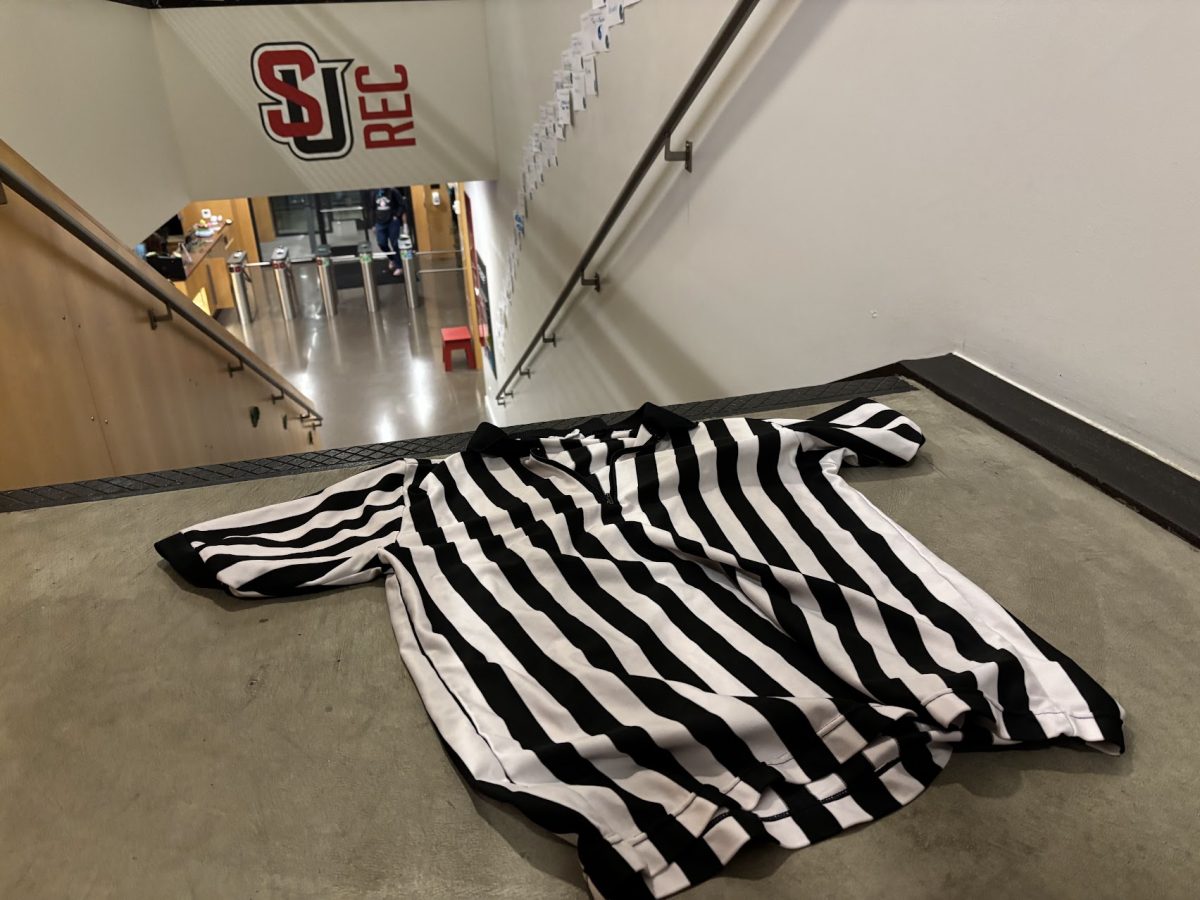I have never been good at math. This was evident to my tenth-grade math teacher. At the end of the semester, we were presented the opportunity of gaining extra credit points through a “friendly” game of sports trivia.
I raced to the board and ferociously scribbled the answer to almost every question that was posed.
My math teacher was dumbfounded by my unabashed domination. My continued gloating about this victory comes from a place of prepared defensiveness. This defensiveness waits in the rafters, expecting and ready to be tapped and used to prove my aptitude.
“How do you know all of this? Oh, your dad must have taught it to you,” my math teacher openly concluded after my dominating victory.
My sisters and I have always been avid sports fans. Whether it was John Stockton’s 1997 buzzer-beating shot that sent the Utah Jazz to the NBA Finals for the first time, or the University of Utah’s knack for surprising the nation as Bowl Championship Series busters and victors, we always found our niche as enthusiastic, devoted fanatics. We existed in environments that, for the most part, did not question our devotion. However, as we grew older, the frequency of interrogation increased. From what we could see, our male counterparts were often spared these kinds of inquiries.
“Oh, really? You like that team? Who is their second-string quarterback?”
Initial surprise at any sort of sports comprehension is particularly common.
“Whoa. You sure know a lot about sports! How come?”
In my younger sister’s short lifetime, the Patriots have missed the playoffs only four times. Their consistent accomplishments probably initiated her support of them in some way. She has effectively convinced my father to reschedule her SATs to watch a midseason Patriots game. When people discover a 17-year-old girl is a Pats fan, most of them assume she loves their color combination. Even worse, often time people assume she just has a thing for Tom Brady.
These assumptions and questions are not only frustrating and annoying, but they also contribute to the ubiquitous sexism in our society. Questioning a person’s allegiance to a team or sport is not always comparable to many other sexist contexts, because it does not usually lend itself to destruction or violence. Due to the nature of this particular context within systemic sexism, it could be easier to contest.
As the Super Bowl approaches, we should all think about controlling this particular kind of chauvinism. Controlling it could be as easy as choosing not to inquire about someone’s allegiance based on his or her gender. There are many ways to contribute to dissipating this particular brand of disrespect and subjugation. Now, let’s go Hawks.







![All My Favorite Soccer Players Are Retired [OPINION]](https://seattlespectator.com/wp-content/uploads/2025/03/Screenshot-2025-03-05-at-20.37.13-1200x783.png)